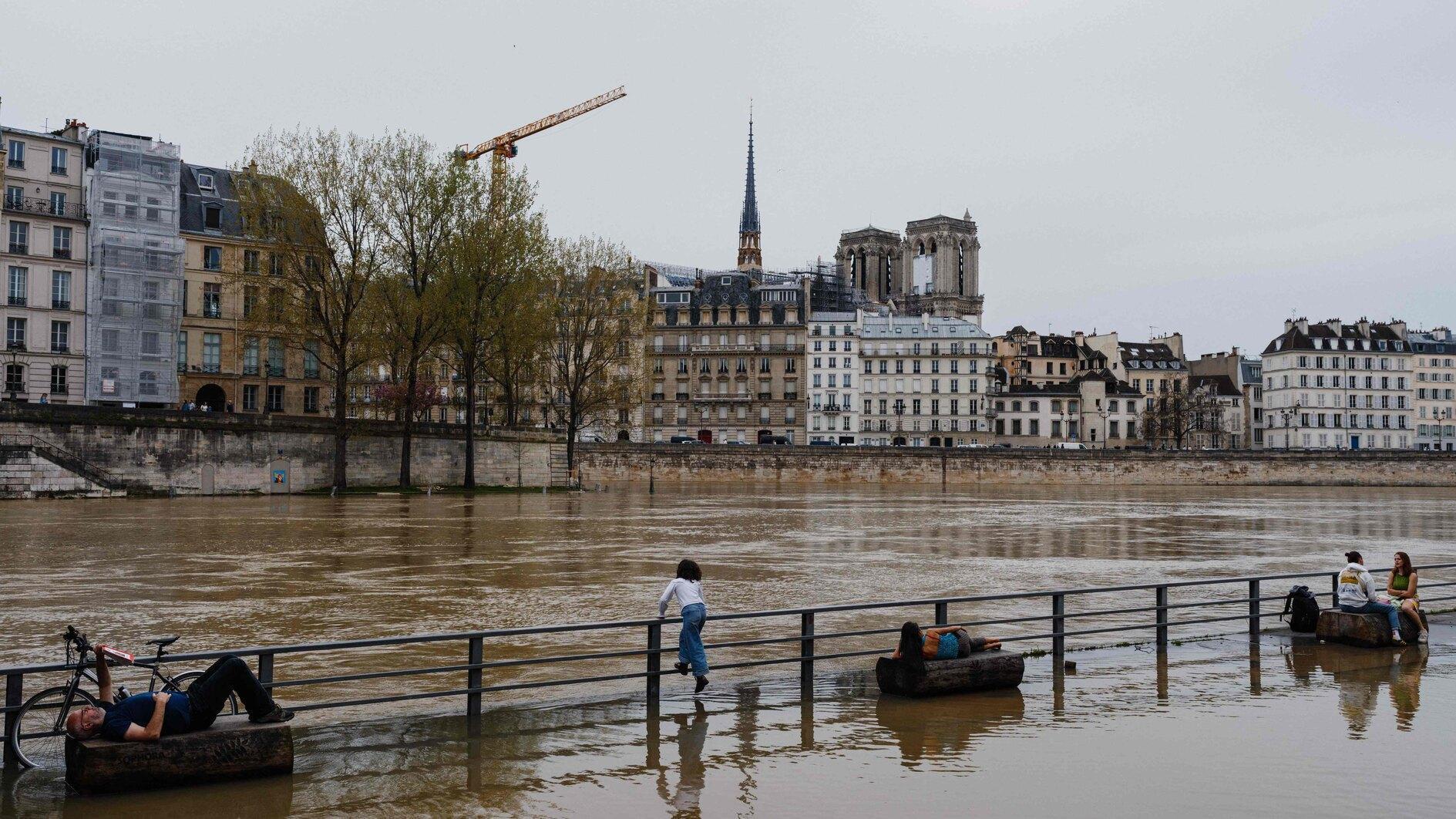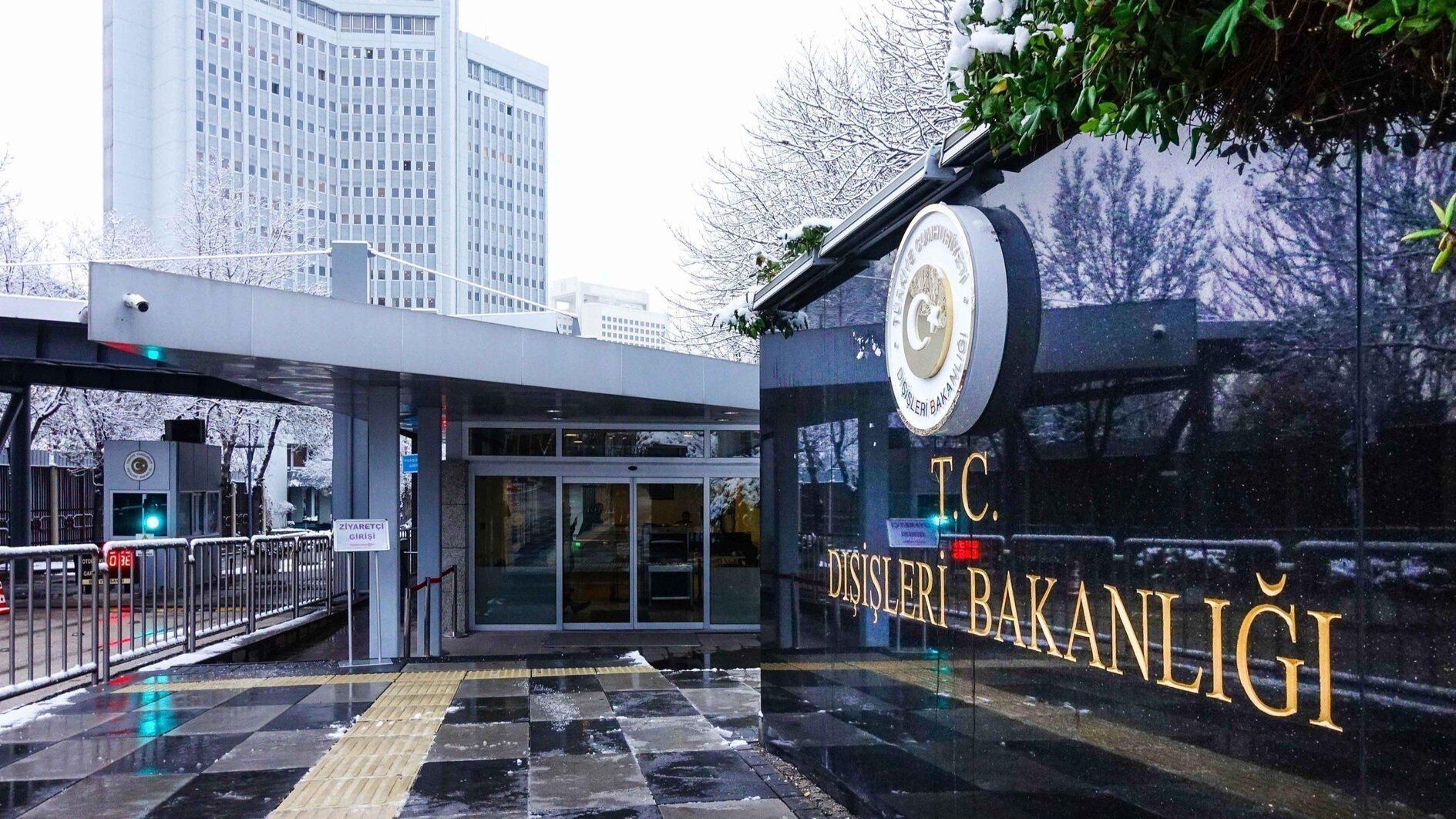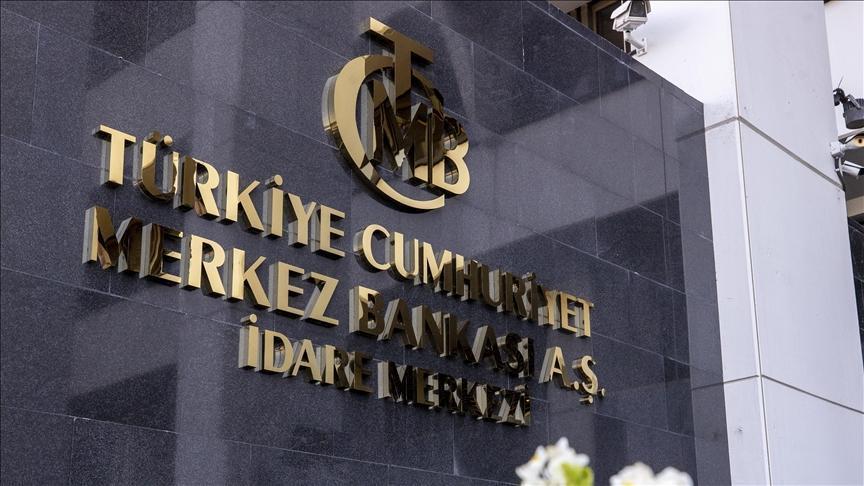French charity sounds alarm about Seine ahead of Olympics
PARIS

A French water charity sounded the alarm Monday about pollution in the river Seine, which is set to be used for swimming during the Olympic Games.
Surfrider Foundation said it had analysed six months of tests undertaken by a laboratory and had concluded that the river water remained polluted and potentially dangerous.
In an open letter, the Biarritz-based charity said it "wanted to share with stakeholders its rising concerns about the quality of the Seine but also the risks faced by athletes moving in contaminated water."
Paris authorities are in a race against time to clean up the Seine before the start of the Olympics on July 26, with the famed waterway set to play a starring role during the Games.
It is set to be the host of the opening ceremony and will then be used for the marathon swimming events and the triathlon — pollution permitting.
Around 1.4 billion euros ($1.5 billion) has been spent upgrading sewage and storm water treatment facilities in the Paris region over the last decade to improve the quality of the Seine as well as its main tributary, the Marne.
A major new storm water facility is expected to be inaugurated later this month, while new sewage connections for river boats are continuing to be built.
Surfrider said tests had been carried out by the laboratory Eau de Paris and environmental analysis group Analy-Co from September to March underneath the bridges Alexandre-III and l'Alma, where the Olympics sports are set to take place.
European water quality standards and the international triathlon and open-water swimming federations set limits on the concentration of two bacteria — E. Coli and enterococci — which are indicators of the presence of faecal matter.
Surfrider said its measurements had shown levels often double and sometimes three-times higher than the maximum permitted amounts.
The main source of hope for Olympic organisers and Paris authorities is that these levels were recorded over the winter period — and one of the wettest winters in 30 years.
Heavy rainfall is known to overwhelm Paris' sewage system, leading to direct discharges into the river of untreated effluent.
Organisers have always maintained that the Olympic sport can only take place in the river if the weather is dry or the rainfall light.
Cleaning up the Seine is intended to be one of the key legacy achievements of the Paris 2024 Olympics, with mayor Anne Hidalgo promising to create three public bathing areas in the river next year.
She along with President Emmanuel Macron have promised to take a dip in the Seine before the start of the Games to demonstrate it is safe for athletes and the public.
Olympic open water swimming has frequently been hit by pollution concerns in the past.
At the end of the test event in 2019 ahead of the Tokyo Olympics, swimmers protested against the quality of the water in Tokyo Bay.
At the Rio Olympics in 2016, the prospect of swimming in the polluted Guanabara Bay also made headlines.
















